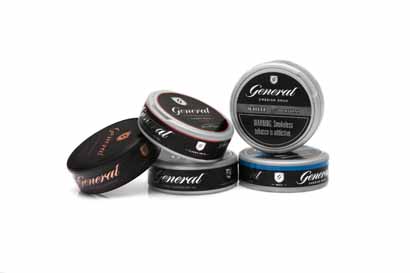
Vaping brands Elf Bar and Lost Mary will remove dessert, candy and soft drink flavored disposable vapor products from the U.K. market, according to Vaping360.
The brands make up more than half of the U.K.’s disposable vape sales, according to data firm NielsenIQ. They are owned by the Chinese firm Shenzhen iMiracle Technology, and it is unclear if the Chinese company will remove these flavors from other markets.
Elf Bar has already ended U.K. sales of Bubble Gum and Cotton Candy flavors and renamed Gummy Bear “Gami,” according to the BBC.
The decision is meant to help curb claims that the popular vapes are marketed to youth following a panic over youth vaping that has seen an uptick in the past couple years.
Prime Minister Rishi Sunak proposed changes to the vaping laws in October. There is currently a public consultation to determine what actions to take.
“The introduction of such a regime would mitigate children’s access to vapes and make it easier for the authorities to regulate the sale of vaping devices better. Furthermore, we believe it would help combat the growing illicit vape market and drive increased rates of vape recycling,” an Elf Bar spokesman said.
Clive Bates of The Counterfactual questioned whether the move would silence the company’s critics. “Their detractors will take it as an in-principle admission of culpability and then build outward from that principle,” he said.



















